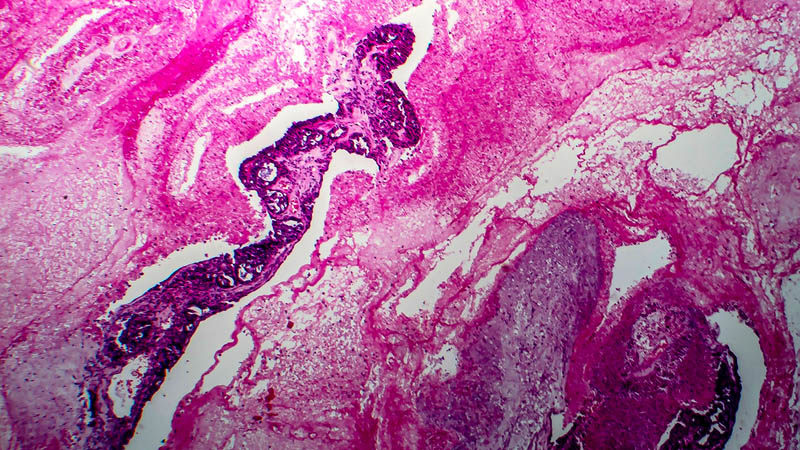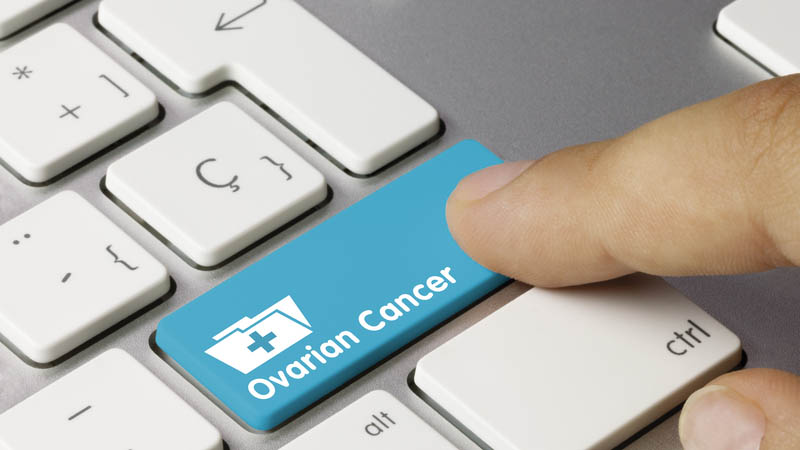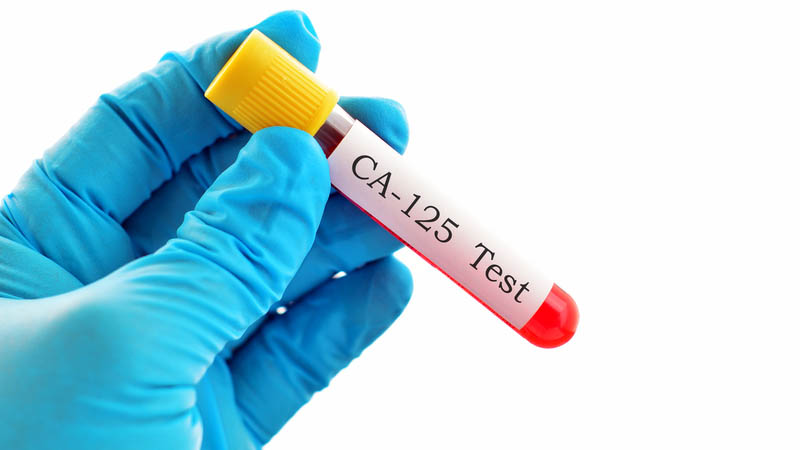Hematopoietic growth factors treatment as a supportive care in gynecologic oncology
Magdalena Miedzińska-Maciejewska
 Affiliacja i adres do korespondencji
Affiliacja i adres do korespondencjiChemotherapy-induced damage of bone marrow is one of the most important and most frequent adverse effects of antineoplastic treatment. Life-threatening complications resulting from neutropenia, thrombocytopenia and anemia not only compromise patients’ tolerance to treatment, but also have a significant negative impact on patients’ quality of life. At the same time, reduced dosage or increased intervals between consecutive chemotherapy courses lead to a reduced effectiveness of treatment. Recently, many studies have demonstrated that these potential adverse effects of cytostatics may be effectively treated and even prevented by administering suitable hematopoietic factors, which selectively stimulate granulocytopoiesis, erythropoiesis or even thrombopoiesis. These factors constitute a family of molecules playing an active part in the regulation of growth, survival and differentiation of blood progenitor cells and also participate in the modulation of activity of mature cells. At present, most of these factors are commercially available, so they can and should be implemented in everyday clinical practice when treating patients with chemotherapy-induced myelosuppression, in order to improve the effectiveness and safety of antineoplastic therapy. This short review presents basic information concerning the role of some of the hematopoietic growth factors, their influence on tolerance of treatment and on our ability to maintain intensive chemotherapy in patients with gynecological malignancies. The aim of this paper is to encourage clinicians to a more liberal yet fully responsible use of growth factors, in order to improve both patients’ quality of life and results of anticancer therapy.









